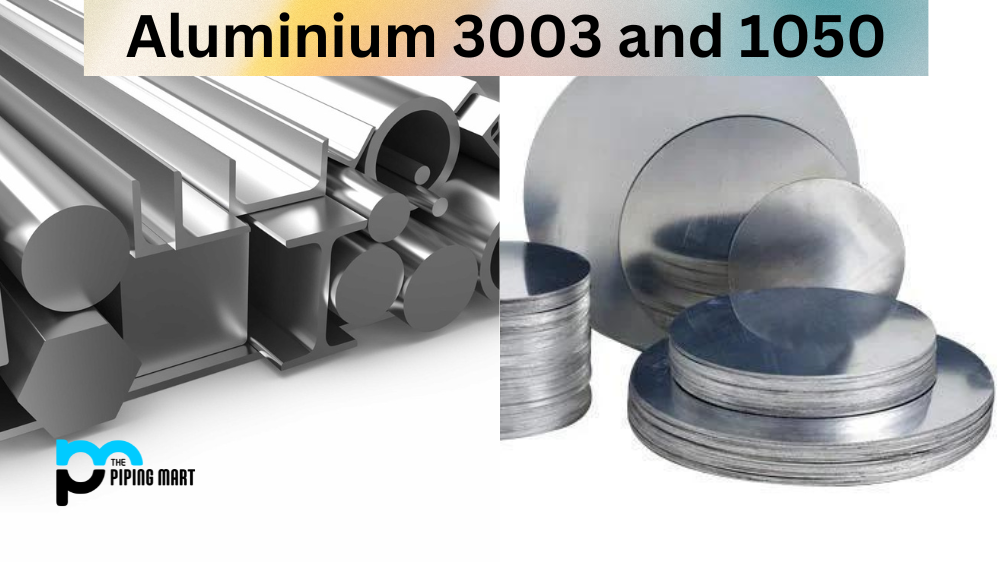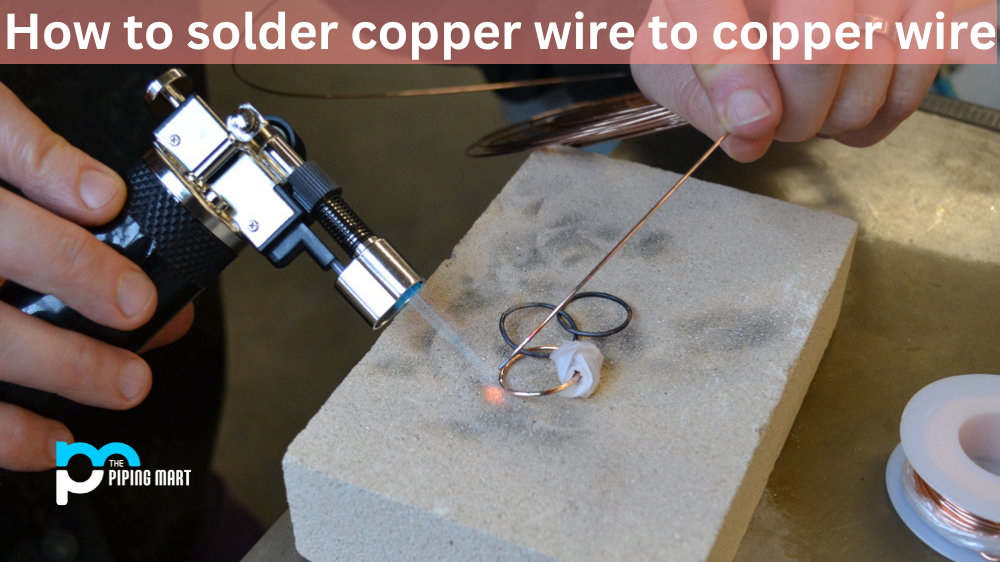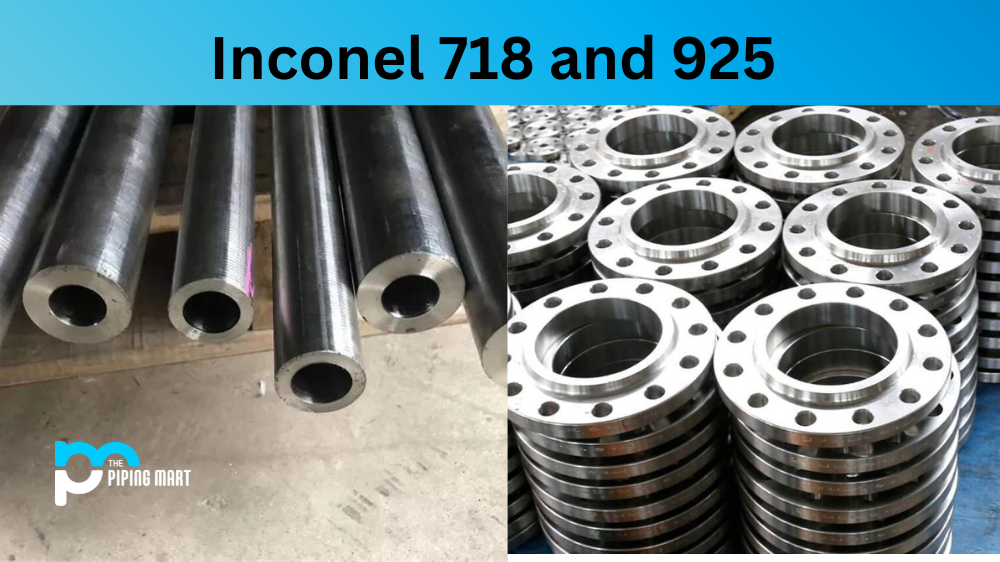Choosing the right type of aluminium is crucial in ensuring the success of your project. However, the wide variety of options available in the market, such as Aluminium 3003 and 1050, can be overwhelming and confusing. Both are excellent choices, but depending on your project’s requirements, one may suit your needs better. In this article, we’ll explore the key differences between Aluminium 3003 and 1050 to help you make an informed decision.
What is Aluminum 3003?
Aluminium 3003 is an alloy of 97.5% aluminium and 2.5% copper. It is a popular choice for many applications, as it is strong and lightweight. Additionally, it is corrosion-resistant and has good electrical and thermal conductivity.
What is Aluminum 1050?
Aluminium 1050 is an alloy that is made up of 99.5% aluminium and 0.5% iron. It is a popular choice for many applications, as it is strong and lightweight. Additionally, it has good electrical and thermal conductivity and is corrosion-resistant.
Difference Between Aluminium 3003 and 1050
Strength
Aluminium 3003 is slightly stronger than aluminium 1050, with a yield strength of 276 MPa compared to 264 MPa for aluminium 1050. However, both alloys are considered relatively strong, especially when compared to other metals such as steel or copper.
Weight
Aluminium 3003 and 1050 are very lightweight metals, with a density of only 2.7 g/cm3. This makes them ideal for use in applications where weight is a concern, such as in the aerospace industry.
Corrosion Resistance
Both aluminium 3003 and 1050 have excellent corrosion resistance thanks to their protective oxide layer. However, aluminium 3003 is slightly more corrosion-resistant than aluminium 1050 due to its higher copper content.
Conclusion
Choosing the right aluminium alloy for your project can be overwhelming, but understanding their differences can help you make an informed decision. Aluminium 3003 is an excellent choice for projects that require resistance to physical elements such as heat, moisture, and chemicals. At the same time, Aluminium 1050 is best suited for projects that require excellent conductivity, corrosion resistance, and a shiny finish. Consider the cost and ease of forming and machining when making your decision. Whatever your needs, Aluminium 3003 and 1050 are excellent choices that guarantee quality, versatility, and durability.

Pipingmart is a B2B portal that specializes in metal, industrial and piping items. Additionally, we share the latest information and information about materials, products and various types of grades to assist businesses that are involved in this business.




